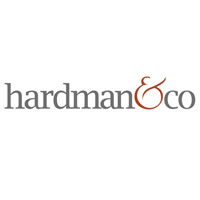A large listed company has suffered significant reputational damage following disclosures which suggest it has major internal problems: a lack of good governance, lack of adequate controls and failure to protect customer data to mention just a few (sound familiar?)
Ultimate responsibility
In those circumstances, the company’s investor shareholders may demand change at the top. Responsibility for the company’s failures must rest with its CEO, the person with ultimate accountability for the company’s operations, culture and behaviours. In 2016 shareholder pressure led to the Debenhams CEO agreeing to stand down, following a string of poor results and profit warnings. In January this year, the CEO of Countrywide resigned after a profit warning caused its share price to plummet. And in June 2017, Uber’s Travis Kalanik resigned as CEO of the company he founded after revelations about a poor workplace culture, including claims of sexual harassment and discrimination, led five of its major investors to write to the company demanding he step down.
So, in the face of intense media scrutiny, a huge public backlash and a 10% fall in share price, will Mark Zuckerberg be resigning as CEO of Facebook? His counterpart at Cambridge Analytica, Alexander Nix, has already been suspended by its board but Zuckerberg’s reaction to the crisis suggests there’s no chance of him falling on his sword any time soon. Despite apparently being in hiding for the first five days of the unfolding crisis, Zuckerberg has now issued a statement and appeared in interviews apologising for Facebook’s ‘breach of trust’, admitting that it had ‘made mistakes’ and accepting that better regulation is required to make its ‘community safer for everyone’. But clearly, he thinks he is the person to deliver those changes.
Power to the people?
But what if that’s not enough for the company’s shareholders? Can the CEO be forced to resign? In English law, a company’s shareholders can convene a general meeting and propose a resolution to remove a director. If the resolution is passed by a simple majority of more than 50%, the CEO will be removed.
But interestingly this route isn’t open to Facebook’s shareholders. Although Zuckerberg holds only 16% of the company’s shares, those shares have weighted voting rights meaning he can actually exercise 60% of the voting rights and so block any potential resolution to remove him.



